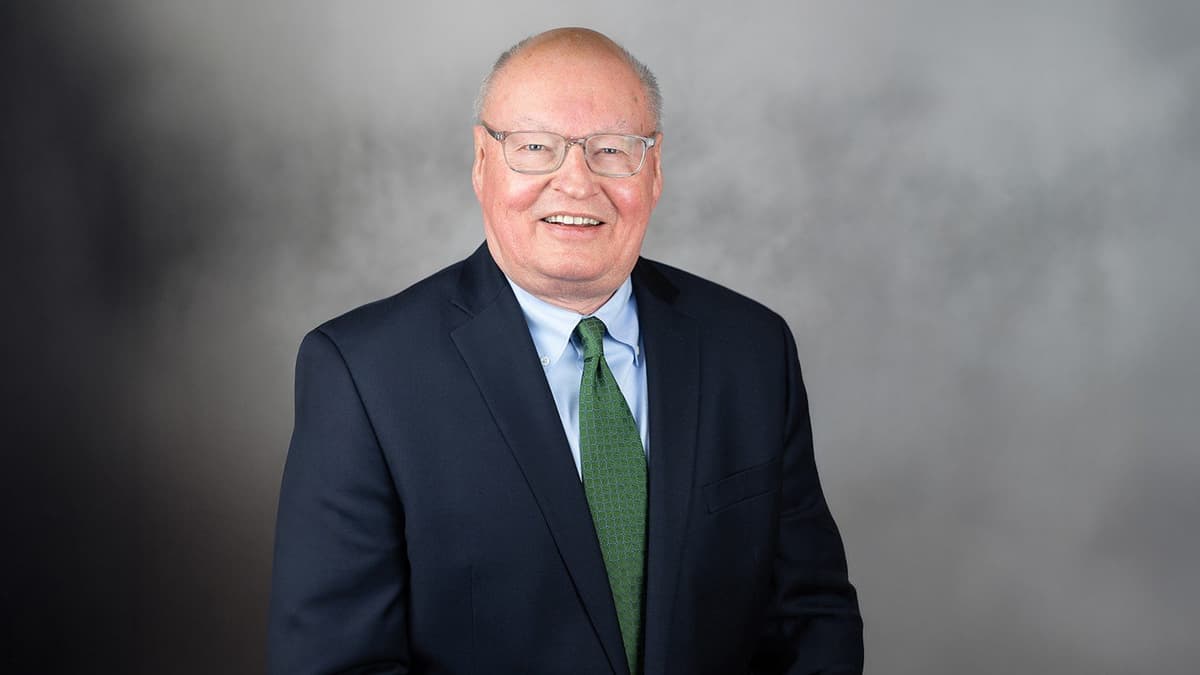What does a longtime history professor and Pacific Northwest historian do after he retires? He keeps teaching, of course! Bill Woodward, professor emeritus of history, takes us along in his new traveling classroom — an Amtrak train.
“On the right side, that winding river is the Duwamish, flowing into Elliot Bay; it’s named for the people who’ve been here since the ice age . . .”
“Passing through Auburn, originally named Slaughter, with a hotel, the Slaughter House . . . “
“Chief Leschi High School, here on the Puyallup Reservation, was designed in a traditional ceremonial circle (here’s an aerial view) . . .”
And THAT’s Mount Rainer – left side – all 14,000 glorious feet of her, fifth highest in the lower 48: can anyone name the taller four? . . .”
And so on down to Portland, and its striking St John’s Bridge. It’s my latest “classroom” in my 50th year at SPU.
I’m now a National Park Service volunteer guide on the Coast Starlight, the Amtrak daily train between Seattle and Los Angeles. For a quarter century the iconic glass-top sightseer car has featured park service narrators, explaining what riders are experiencing at “see-level.” I’m drawing on my career as a historian of the Pacific Northwest as well as learning new things about the places and stories of the Puget Sound-Columbia River corridor – geography, history, ecology, and culture.
I board the southbound Starlight that leaves King Street Station at about 10 a.m., disembark at Portland about 2 p.m., catch some lunch and maybe browse Powell’s Book Store in the Pearl District. I then hop on the northbound Starlight about 4:30 p.m. for the return trip, reversing my story sequence, often ad libbing an add-on or anecdote. (“Did you know that a sailor trying to get his kit home after World War II founded U-Haul here in Ridgefield?”)
It’s a delightful gig. It has entailed a formal training process and some off-hours homework. I’m meeting a fascinating team of volunteers – all passionate about this region. I get to enhance the travel of riders from Burien to Britain. And just like once a Marine, always a Marine: once a historian, always a historian, that is, always a learner.




